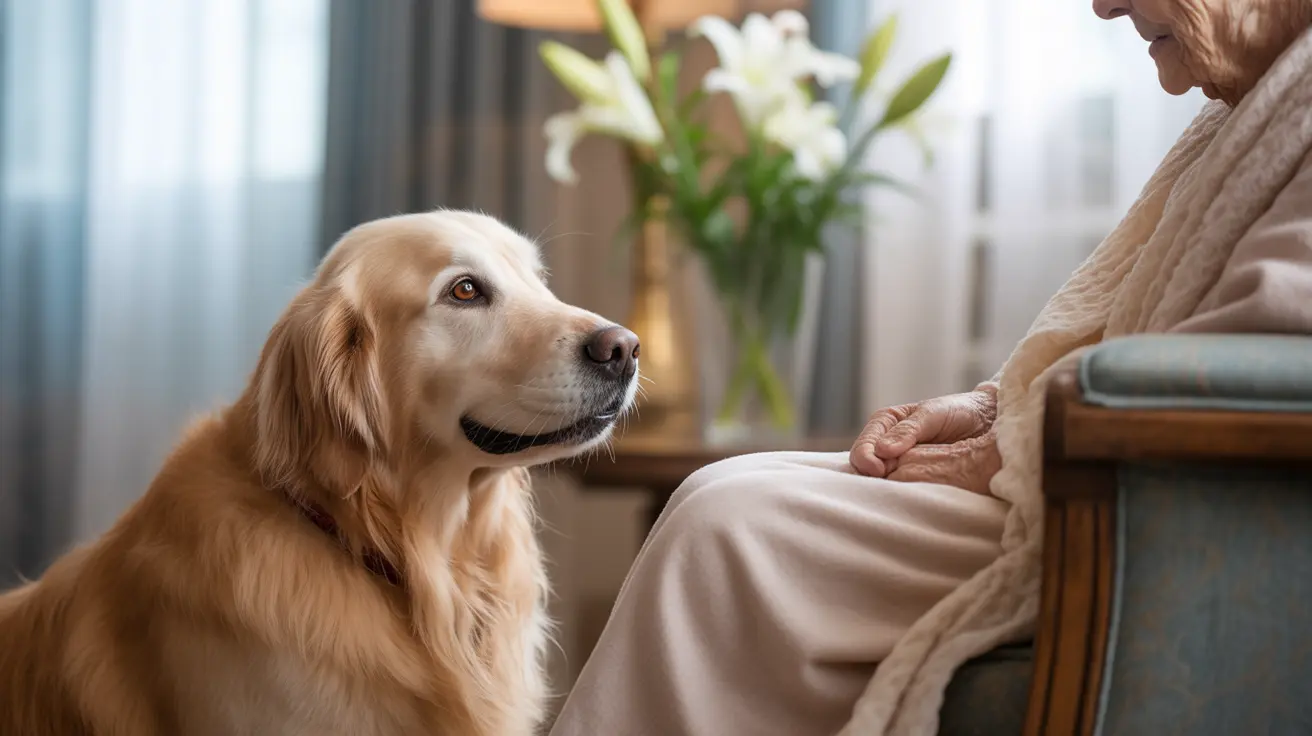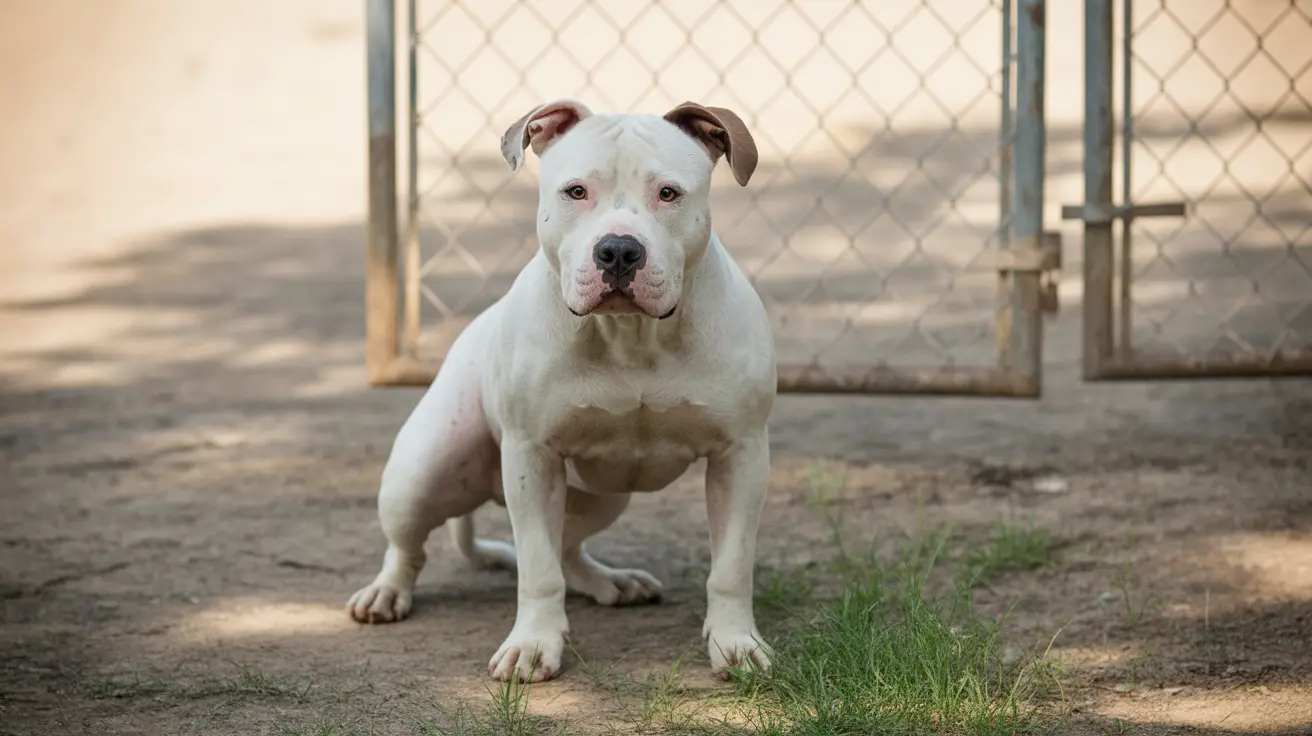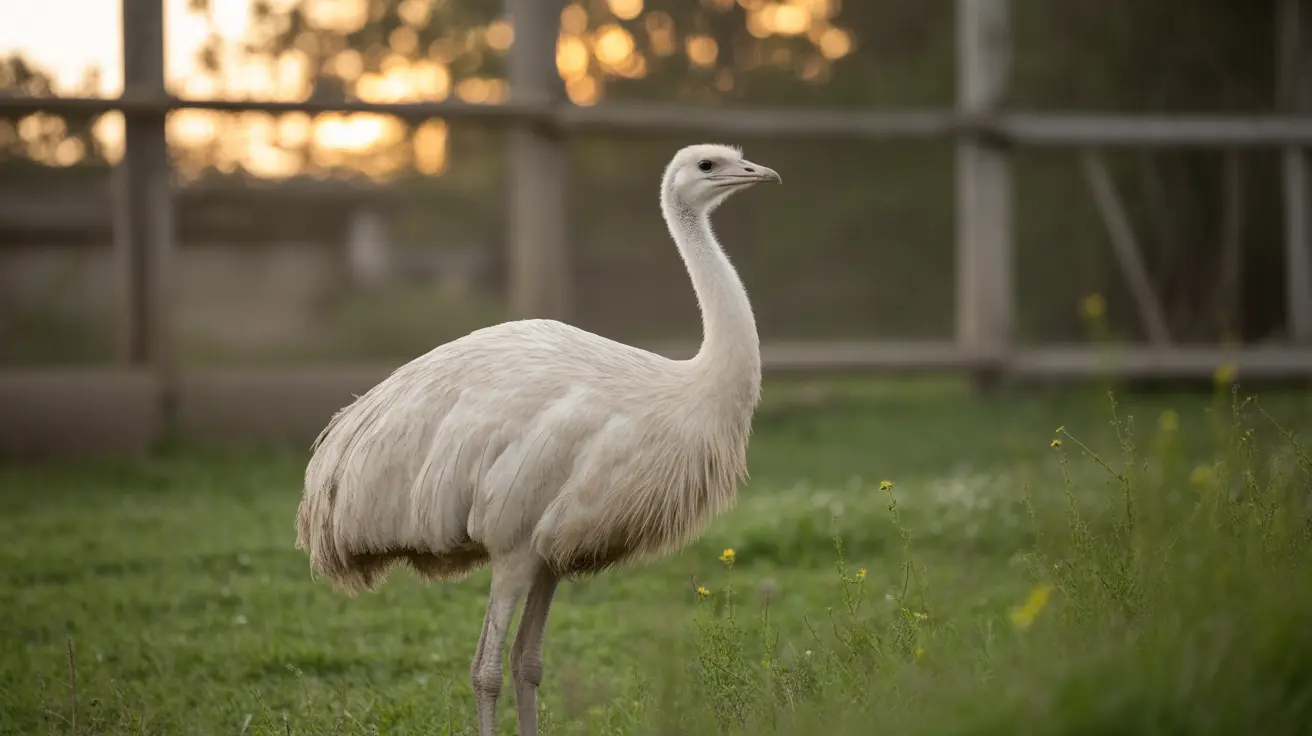Can Dogs Eat Rice? Understanding the Benefits and Guidelines
Many pet owners wonder whether it's healthy to feed rice to their dogs. Yes, dogs can eat rice—in fact, it's one of the most commonly used grains in commercial dog food. However, there are specific considerations and best practices to follow to ensure it contributes positively to your dog's overall health.
Benefits of Rice for Dogs
Feeding rice to your canine companion can offer several advantages, especially when they have certain health conditions or dietary needs. Here are the key benefits:
- Easily digestible: Rice, particularly white rice, is easy on the stomach and commonly recommended for dogs with gastrointestinal issues.
- Carbohydrate source: It provides a quick source of energy due to its high carbohydrate content.
- Low in fat and sodium: Helps support a balanced diet and is generally considered a safe grain.
- Gluten-free: Suitable for dogs with sensitivities to gluten or wheat.
White Rice vs. Brown Rice
Both white and brown rice are suitable for dogs, but each has unique characteristics:
- White rice: More processed, stripped of bran and germ, but easier to digest. Ideal for dogs recovering from illness or digestive upset.
- Brown rice: Retains natural nutrients and fiber. Offers more nutritional value but is less digestible due to higher fiber content.
When to Feed Rice to Dogs
Rice can be a life-saver for canine digestion when dogs are sick or dealing with a sensitive stomach. Veterinarians often recommend feeding a bland diet of white rice and plain boiled chicken in the following situations:
- Gastrointestinal upset (vomiting or diarrhea)
- Post-surgery recovery
- Sensitive stomachs or food allergies
Proper Preparation of Rice for Dogs
To ensure rice is safe and beneficial for your dog, follow these preparation tips:
- Cook thoroughly: Always serve well-cooked rice to ensure it's soft and digestible.
- Serve plain: Avoid adding seasonings, butter, onion, garlic, or other ingredients that may be harmful to dogs.
- Use moderation: Rice should be only a supplement to a balanced diet, not a staple on its own.
Risks of Feeding Too Much Rice
While rice is safe, too much of it can lead to health issues. Here are some potential risks associated with overfeeding rice:
- Weight gain: High carbohydrate content can contribute to obesity if overconsumed.
- Unbalanced nutrition: Rice lacks essential nutrients such as protein and fat and shouldn't replace complete dog food.
- Blood sugar spikes: Especially relevant for diabetic dogs; white rice has a high glycemic index.
How Much Rice Can Dogs Eat?
Rice should make up no more than 10% of your dog’s daily caloric intake. Below are general guidelines by dog size:
- Extra-small dogs (up to 10 lbs): 1 tablespoon cooked rice
- Small dogs (11–20 lbs): 2–3 tablespoons cooked rice
- Medium dogs (21–50 lbs): ¼ to ½ cup cooked rice
- Large dogs (51–90 lbs): ½ to 1 cup cooked rice
- Extra-large dogs (91+ lbs): 1–1.5 cups cooked rice
Always introduce rice gradually and observe your dog for any adverse reactions such as bloating, gas, diarrhea, or changes in appetite.
Puppies and Rice
Puppies can eat rice, but it's important to consider their sensitive digestive systems and nutritional requirements. include rice sparingly and ensure it's part of a balanced puppy diet approved by a veterinarian.
Frequently Asked Questions
- Can dogs eat flavored rice? No. Avoid flavored or seasoned rice that may contain harmful ingredients like garlic or onion powder.
- Can rice cause allergies in dogs? Rice is not a common allergen, but food sensitivities can occur. Monitor your pet for adverse symptoms like itching, vomiting, or diarrhea.
- Is rice in dry dog food good for dogs? Yes, when included in a balanced formula by reputable manufacturers, rice adds digestible energy and is generally safe.
Conclusion
In summary, rice is a healthy, safe option for most dogs when served appropriately. It can aid digestion, provide energy, and serve as a helpful component in temporary bland diets. Serve it plain, cooked, and in moderation. For individual dietary planning and portion sizes, always consult your veterinarian.





